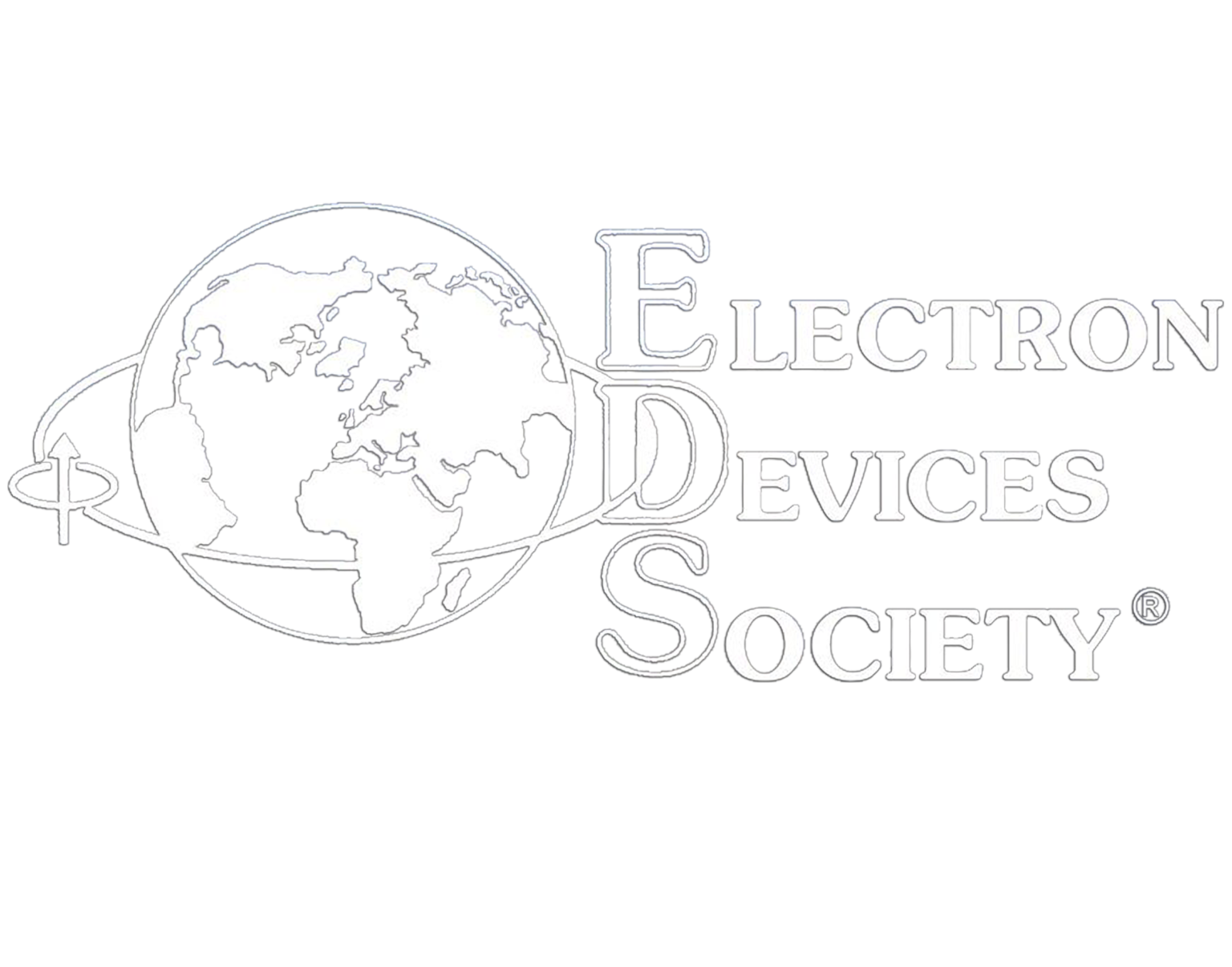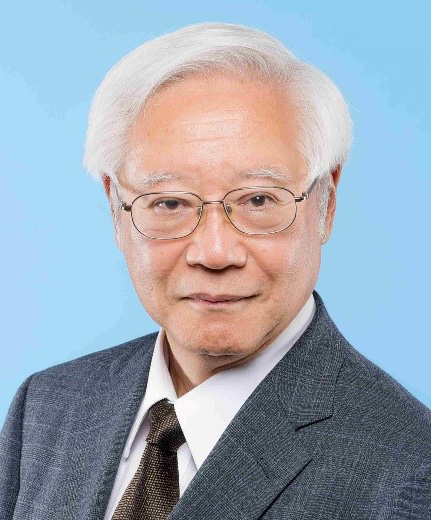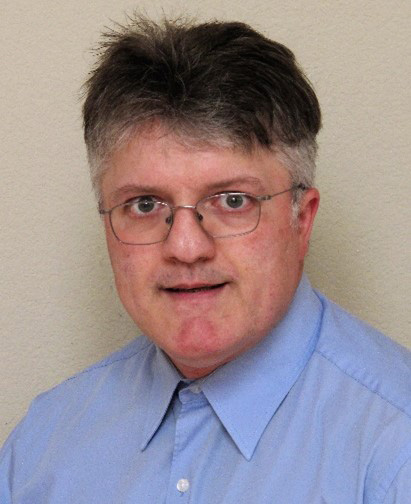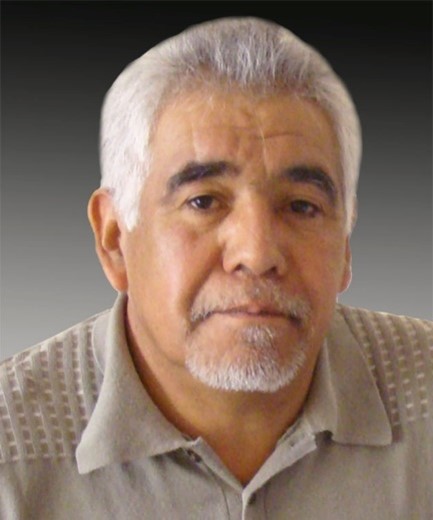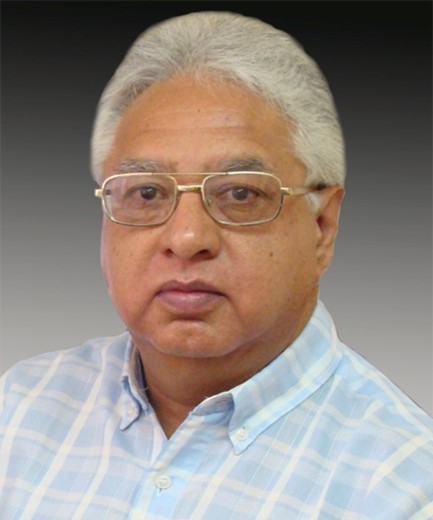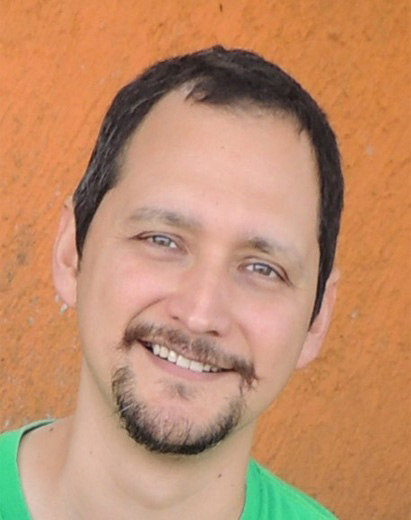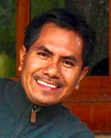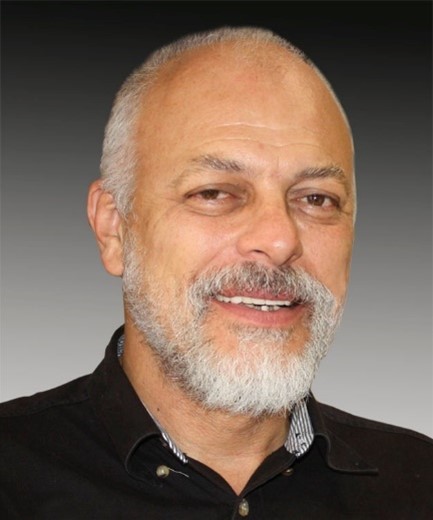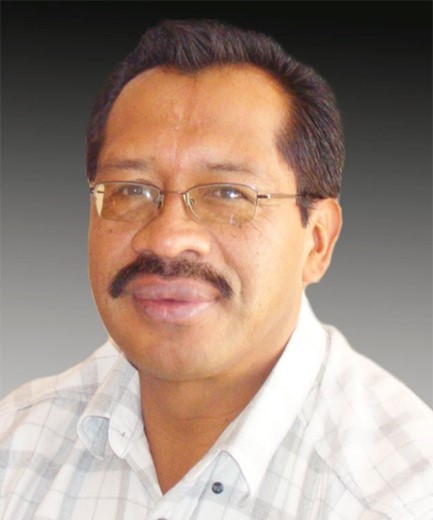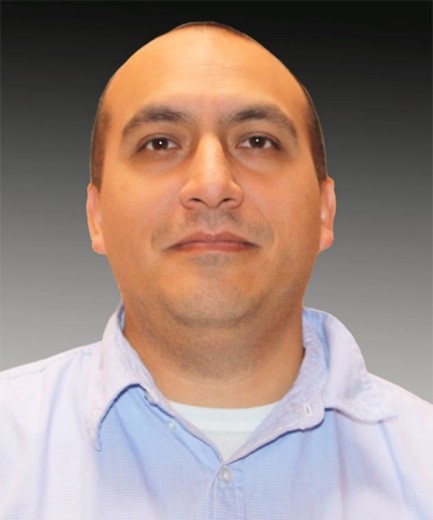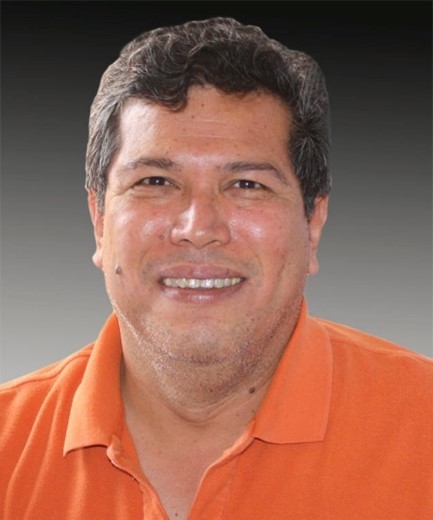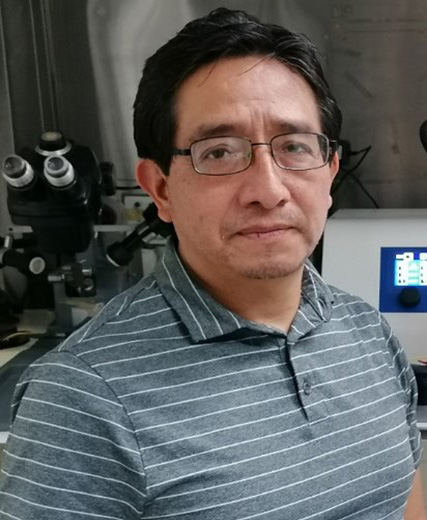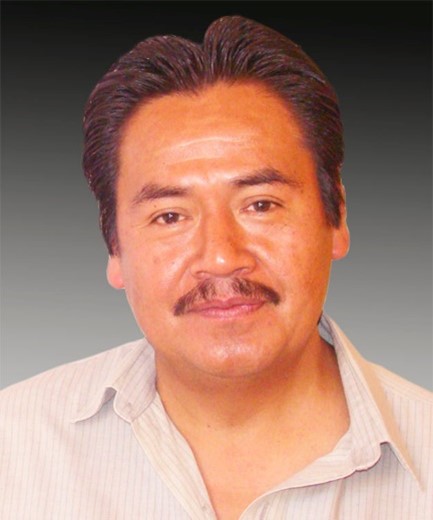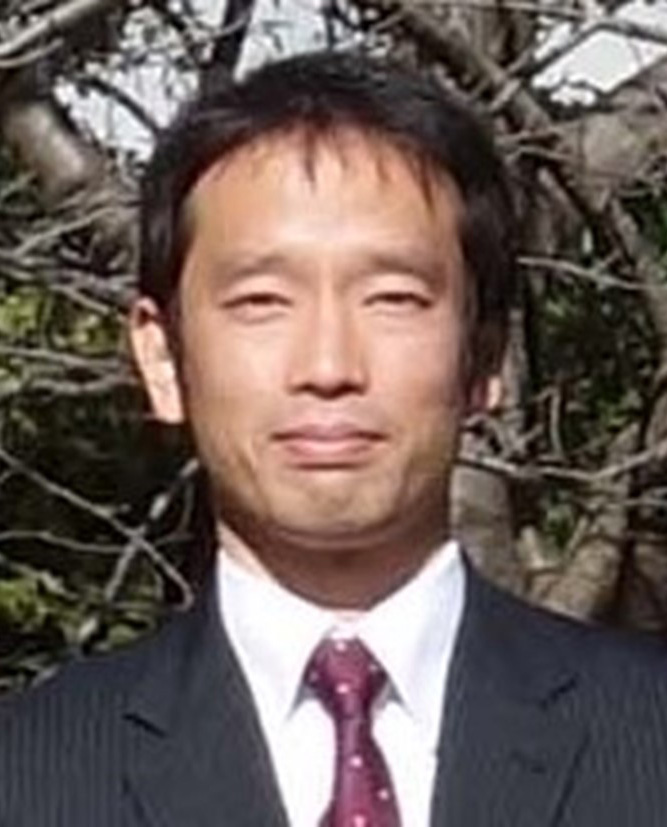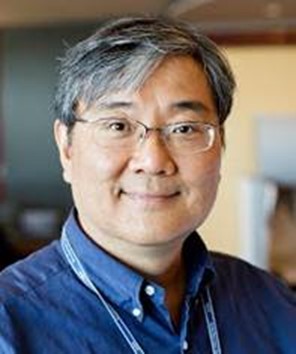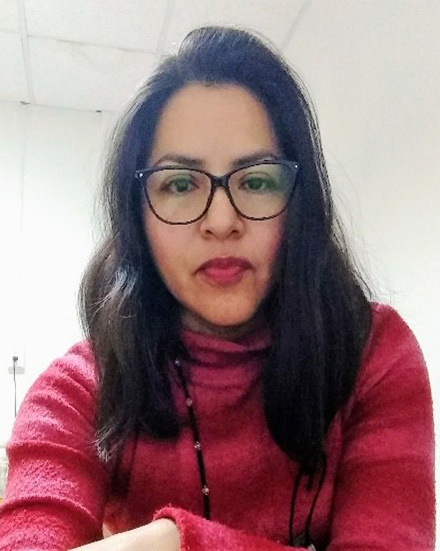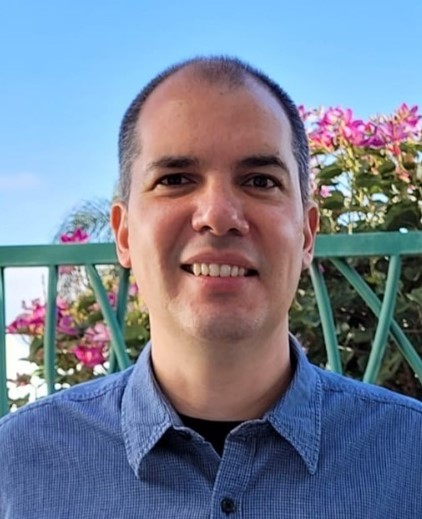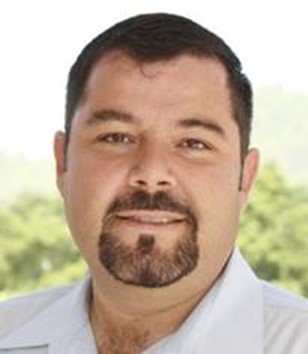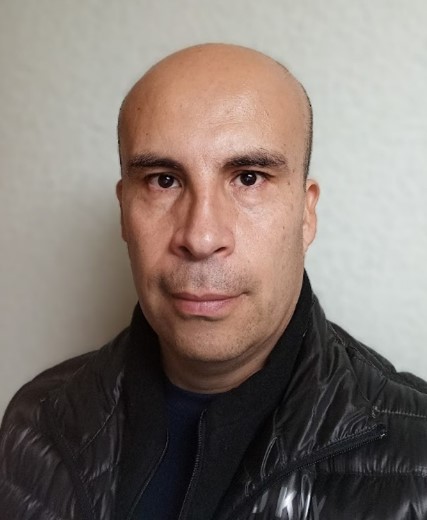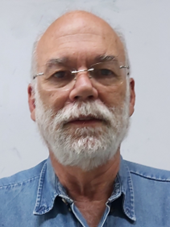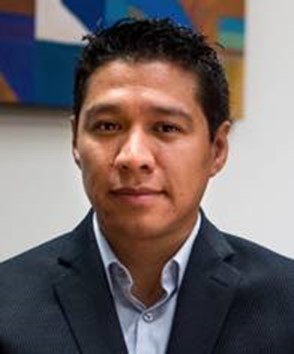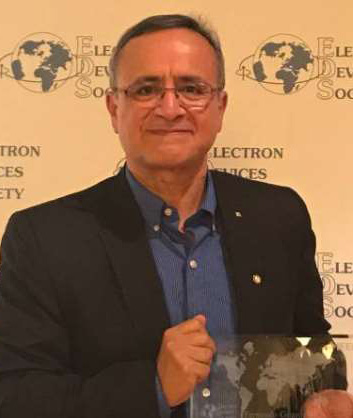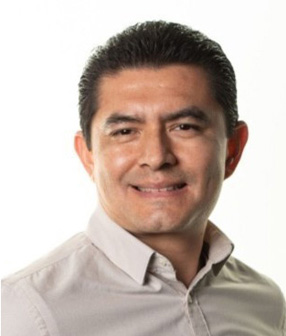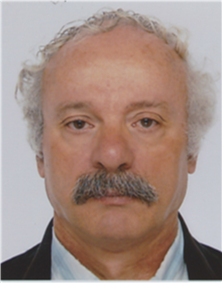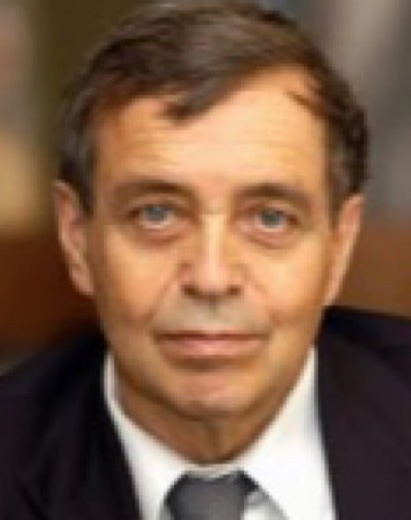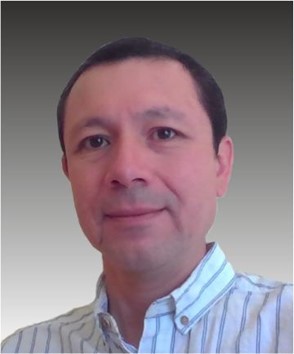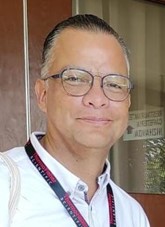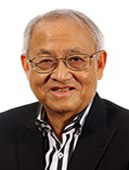Speakers
Click en el speaker para leer su biografía.
Click en el speaker para leer su biografía.
Hiroshi Iwai
Professor Emeritus
Tokyo Institute of Technology
Japan
Hiroshi Iwai is a semiconductor device engineer who contributed to the development of LSI products and their technologies for 50 years since 1973 at Toshiba Corporation, Tokyo Institute of Technology, and National Yang Ming Chiao Tung University. He is an Eminent Lecturer of IEEE Electron Devices Society and a committee member of IEEE IRDS (International Roadmap for Devices and Systems).
Jiyoung Kim
Department of Materials of Science & Engineering
The University of Texas at Dallas
USA
Jiyoung Kim is a professor of Materials Science and Engineering and affiliated at Depts. of Electrical and Mechanical Engineering at the University of Texas at Dallas. He received the B.S. (1986) and the M.S. (1988) at Seoul National University, and the Ph.D. (1994) at the University of Texas at Austin. He worked as an integration engineer in worldwide productization at Texas Instrument, Inc (Dallas, TX) from 1994 to 1996. From 1996 to 2005 he had been a faculty member of School of Advanced Materials Engineering at Kookmin University, (Seoul, Korea). In 2005 Dr. Kim joined as an associate professor of Electrical Engineering at the University of Texas at Dallas and was promoted to a full professor in 2013. He is an author or coauthor of more than 280 peer reviewed journal and proceeding papers. His H-index and number of citations are 40 and about 6,000 by google scholar, respectively. He has served conference/symposium chair of more than 10 times (including 2010 IEEE-ISAGST, 2014 AVSALD, 2011, 2012 and 2017 symposium on functional nanomaterials in TMS). His research interests are in the area of future semiconductor technology for logic, memory, power, RF and analog devices including advanced ALD applications, novel functional materials and 2D materials.
Manuel Quevedo López
Department of Materials of Science & Engineering
The University of Texas at Dallas
USA
Prof. Manuel Quevedo is Professor and Department Head in the Materials Science and Engineering Department at the University of Texas at Dallas and holder of the Texas Instruments University Chair in Nanoelectronics. He is also the Director of the Center for Harsh Environment Semiconductor and Systems (CHESS). Dr. Quevedo has published more than 350 papers, 4 book chapters, and holds 15 US patents with 8 more pending. His current research includes nanostructured materials and devices for large area sensors and harsh environments. His research is supported by the The National Science Foundation (NSF), The Air Force Office of Sponsored Research (AFOSR), Defense Advanced Research Projects (DARPA), Domestic Nuclear Detection Office (DNDO), Conacyt, Department of Homeland Security, Texas Instruments, CERFE labs, among others.
Jesús Israel Mejía Silva
QSM Semiconductores
México
Dr. Jesús Israel Mejía Silva recibió su grado de licenciatura con honores por parte de la Escuela Superior de Ingeniería Eléctrica del Instituto Politécnico Nacional en 2003. Después de recibir su grado de Maestría (2006) y Doctorado en 2010 por parte del Departamento de Ingeniería Eléctrica del CINVESTAV Zacatenco, se incorporó a la University of Texas at Dallas como Investigador para el Departamento de Ingeniería y Materiales. Como personal clave para la vinculación entre academia e industria, las actividades del Dr. Mejía incluyeron la dirección de grupos de investigación para el desarrollo de tecnologías innovadoras en el área de diseño, fabricación y caracterización de dispositivos semiconductores. Ha trabajado en el desarrollo de tecnologías para empresas de base tecnológica y para proyectos de la industria semiconductora trasnacional. En 2016 la IEEE le otorgó la distinción de “Senior Member” y actualmente forma parte del Sistema Nacional de Investigadores Mexicanos (SNI). El Dr. Mejía fue el Director del la División de Ingeniería Eléctrica y Electrónica en CIDESI; actualmente es el Director General de QSM Semiconductores, en Querétaro, México.
Simon Deleonibus
CEA-LETI
Laboratoire d'Électronique des Technologies de L'information
France
Simon Deleonibus, retired from CEA-LETI (2016) as Chief Scientist of Research on MicroNanoelectronics Devices Technologies and Architectures. Before joining CEA-LETI in 1986, he was with Thomson Semiconductors (1981-1986), where he developed and transferred to production advanced microelectronics devices and products. He gained his PhD in Applied Physics from Paris University (1982). He is Visiting Professor at Tokyo Institute of Technology (Tokyo, Japan) since 2014 , National Chiao Tung University (Hsinchu, Taiwan) since 2015 and at Chinese Academy of Science(Beijing, PRC) since 2016 . He is distinguished CEA Research Director (2002), IEEE Distinguished Lecturer (2004), Fellow of the IEEE (2006), Emeritus Fellow of the Electrochemical Society (2015). He was awarded the titles of Chevalier de l’Ordre National du Mérite (2004) and Chevalier de l’Ordre des Palmes Académiques (2011), the 2005 Grand Prix de l’Académie des Technologies, the 2022 IEEE Cledo Brunetti Award. He was member of the ITRS since1998, the European Research Council Panel since 2007, the Nanosciences Foundation Board of Trustees since 2007. He was Associate Editor of IEEE Trans. on Elect. Dev. (2008-2014) and Member of the IEEE Electron Devices Society Board of Governors (01/2009-12/2014) and reelected (2016-2018); Chair of IEEE EDS Region 8 SRC (2015-2016); Secretary of IEEE Electron Devices Society (2016-2017). He is invited editor by Pan Stanford and Jenny Stanford Publishing since 2008.
Michael Shur
Department of Electrical, Computer, and Systems Engineering
Rensselaer Polytechnic Institute
USA
Dr. Michael Shur is Patricia W. and C. Sheldon Roberts Professor of Solid State Electronics at Rensselaer Polytechnic Institute and co-founder of Sensor Electronics Technology, Inc., and Electronics of the Future, Inc. He is a Life Fellow of the US National Academy of Inventors, IEEE, APS, ECS, OSA, SPIE, and a Fellow of AAAS, IOP, and IET. His awards include IEEE and IET Awards, Tibbetts Award for Technology Commercialization, Senior Humboldt Research Award, RPI Research Awards, Best Paper Awards, and St. Petersburg Technical University and University of Vilnius Honorary Doctorates. He is an IEEE EDS and Sigma Xi Distinguished Lecturer and a Foreign Member of the Lithuanian Academy of Sciences.
Leong Ong Chua
Professor Emeritus
University of California at Berkeley
USA
Leon Chua (Life Fellow, IEEE) became an Assistant Professor of Electrical Engineering at Purdue University in 1964, and was promoted to Associate Professor in 1967. He joined the UC Berkeley faculty in 1970. He is widely known for his invention of the Memristor. When not immersed in science, he relaxes by searching for Wagner’s leitmotifs, musing over Kandinsky’s chaos and contemplating Wittgenstein’s inner thoughts. His research has been recognized through 17 honorary doctorates from major Universities in Europe and Japan, and holds seven U.S. patents. He was elected as Confrerie des Chevaliers du Tastevin in 2000. He is the first recipient of the 2005 Gustav Kirchoff Award, the highest IEEE Technical Field Award for outstanding contributions to the fundamentals of any aspect of electronic circuits and systems that has a long term significance or impact. He was also awarded the prestigious IEEE Neural Networks Pioneer Award in 2000 for his contributions in neural networks. He was elected fellow of the IEEE in 1974 and has received many international prizes, including the IEEE Browder J. Thompson Memorial prize in 1972, the IEEE W. R. G. Baker Prize in 1978, the Frederick Emmons Award in 1974, the M. E. Van Valkenhurg Award in 1995, and again in 1998. He was a Foreign Member of the European Academy of Sciences (Academia Europaea) in 1997 and the Hungarian Academy of Sciences in 2007. He was conferred the 2019 IEEE EDS Celebrated Member Prize – the highest recognition of the IEEE Electron Device Society, and the 2020 Julius Springer Prize in Applied Physics.
Alfonso Torres Jácome
INAOE
Coordinación de Electrónica
México
Recibió el título de Ingeniero Químico de la UAP, el de Maestro en Ciencias de la University of New Mexico, Albuquerque, NM, USA, in 1991, y el Grado de Doctor en Ciencias en el INAOE en 1977. Desde 1984 es Investigador del departamento de Electrónica del INAOE, actualmente tiene categoría de Investigador Titular C. Es miembro del SNI nivel 2. Sus áreas de investigación son Física y tecnologías de fabricación de dispositivos semiconductores, depósito y caracterización de materiales nano estructurados.
Mariano Aceves Mijares
INAOE
Coordinación de Electrónica
México
Mariano Aceves-Mijares is Professor Emeritus at INAOE. He received the B.S. from the Physics School of the Instituto Politécnico Nacional (IPN), the M. S. from the Instituto Nacional de Astrofísica Óptica y Electrónica (INAOE) and the Ph.D. from Centro de Investigación Científica y de Educación Superior de Ensenada (CICESE). He has been a staff member of INAOE during more than forty-five years in different positions, however all of them related with the research activity in the electronics department. During all this time, he has been working mainly with Silicon and related materials to develop different devices. He has published more than 300 papers in specialized journals and congresses. Currently, he is working in the advance of electrophotonic silicon devices and integrated circuits. In sabbatical periods, he has been with Gearhart-Owen industries as a research engineer working with hybrid integrated circuits, and with Motorola de México working with power silicon devices.
Mónico Linares Aranda
INAOE
Coordinación de Electrónica
México
Obtuvo los grados de Licenciatura, Maestría y Doctorado con especialidad Ciencias de la Electrónica en 1985, 1986 y 1996, respectivamente. Desde 1986 es investigador titular en el área de Electrónica del Instituto Nacional de Astrofísica, Óptica y Electrónica donde se dedica principalmente al diseño y pruebas de circuitos integrados MOS principalmente del tipo digital. Ha publicado más de 100 artículos en conferencias y revistas científicas nacionales e internacionales en el campo de CIs.
Mario Moreno Moreno
INAOE
Coordinación de Electrónica
México
El Dr. Mario Moreno nació en Puebla, México, en 1978. Recibió el grado de Licenciado en Electrónica de la Facultad de Electrónica, de la Benemérita Universidad Autónoma, Puebla, en el año 2000, y los grados de maestría y doctorado en microelectrónica del Instituto Nacional de Astrofísica, Óptica y Electrónica (INAOE), Puebla, en 2003 y 2008, respectivamente. De 2008 a 2009 realizó un postdoctorado en el Laboratorio de Interfaces y Películas Delgadas (LPICM) en la École Polytechnique, Palaiseau, Francia. El Dr. Moreno es Investigador Titular C del Grupo de Electrónica del INAOE y actualmente es jefe de los Laboratorios de Microelectrónica y de Microscopía Electrónica, pertenece al Sistema Nacional de Investigadores, SNI, en donde es Nivel II.
Ignacio Juárez Ramírez
INAOE
Coordinación de Electrónica
México
Técnico en Investigación Titular C. Graduado en la Licenciatura en Electrónica de la BUAP en 2000, obtuvo el grado de Maestro en Ciencias con la especialidad en Electrónica en 2006, es técnico en investigación del INAOE desde el 2001. Como técnico desarrolló un sistema de caracterización de circuitos integrados en oblea optimizando el tiempo de análisis de datos y entrega de resultados; participó en la instalación del primer cuarto limpio clase 1 en LiMEMS; reacondicionó el sistema laser del generador de patrones de Heindelberg Instruments DWL66. Es responsable del área de mediciones eléctricas de circuitos integrados y realiza apoyo técnico a estudiantes e investigadores, y participa en cursos y procesos de fabricación en el laboratorio de Microelectrónica.
Kuniyuki Kakushima
Iwai/Kakushima Laboratory. Frontier Research Center,
Tokyo Institute of Technology
Japan
Kuniyuki Kakushima (Member, IEEE) received the B.S., M.S., and Ph.D. degrees in electrical engineering from the University of Tokyo, Japan, in 1999, 2001, and 2004, respectively. He is currently an associate Professor with the Tokyo Institute of Technology, Yokohama, Japan.
María del Rocío Jesús Ventura
INAOE
Coordinación de Electrónica
México
M.C. Rocío De Jesús Ventura, realizó sus estudios de Ingeniería en Electrónica en el Instituto Tecnológico de Veracruz, su residencia y tesis de licenciatura fueron sobre temas de simuladores de circuitos en el área de CAD. El grado de maestría lo obtuvo en el Instituto Nacional de Astrofísica Óptica y Electrónica (INAOE), en el área de Diseño de Circuitos Integrados en la línea de investigación del Grupo de CAD. Actualmente se encuentra laborando en INAOE en el Laboratorio de Diseño de Circuitos Integrados, en el cual se concentra el servicio a los usuarios del área de Diseño de CIs en lo que respecta a las Herramientas de Software.
Hugo Jesús Tiznado Vázquez
Centro de Nanociencias y Nanotecnología
Universidad Nacional Autónoma de México
México
Dr. Hugo Tiznado received a Chemistry B.S. from the Autonomous University of Baja California in 1998, and in 2004 his PhD in Physics of Materials from the Center for Scientific Research and Higher Education at Ensenada (CICESE). From 2004 to 2007 worked as a postdoctoral fellowship at the University of California Riverside, on surface chemical reactions mechanisms related to the growth of thin films by the atomic layer deposition (ALD) technique. As of 2007 he joined the Center for Nanosciences and Nanotechnology (CNyN) at the National University Autonomous of Mexico. His current research includes Fabrication of Nanostructures with Controlled Properties. Applications of interest are energy storage in solid-state devices, optical waveguides, optical filters, photocatalysis, and recently, self-assembled molecules (SAMs) for area-selective ALD. This research is aimed to answer some of the basic questions associated with the chemical, optical and electrical properties, either at the surface or bulk level of the materials of interest. He has published 86 papers, 2 book chapters and is reviewer for several scientific journals. Has graduated 15 students, received 4 postdocs and 1 researcher on sabbatical visit.
Reydezel Torres Torres
INAOE
Coordinación de Electrónica
México
Reydezel Torres Torres es investigador de tiempo completo en el INAOE desde el año 2006. Tiene más de 20 años de experiencia trabajado en proyectos orientados a la industria de la electrónica de microondas. Ha dirigido decenas de tesis de posgrado y publicado numerosos artículos en revistas y congresos científicos. Actualmente, cuenta con nombramiento de Investigador Nacional Nivel 2.
Andreas Kerber
Intel Semiconductor Corporation
USA
Andreas Kerber received his Diploma in physics from the University of Innsbruck, Austria, in 2001, and a PhD in electrical engineering from the TU-Darmstadt, Germany, with honors in 2014. From 1999 to 2000 he was an intern at Bell Laboratories, Lucent Technologies (Murray Hill, NJ, USA) working on the electrical characterization of ultra-thin gate oxides. From 2001 to 2003, he was the Infineon Technologies assignee to International SEMATECH at IMEC in Leuven, Belgium, where he was involved in the electrical characterization of alternative gate dielectrics for sub-100 nm CMOS technologies. From 2004 to 2006, he was with the Reliability Methodology Department at Infineon Technologies in Munich, Germany, responsible for the dielectric reliability qualification of process technology transfers of 110 and 90 nm memory products. During that time, he developed a low-cost, fast wafer-level data acquisition setup for time-dependent dielectric breakdown (TDDB) testing with sub-ms time resolution. From 2006 to 2018 he was working for AMD in Yorktown Heights, NY, and GLOBALFOUNDRIES in Malta and East-Fishkill, NY, as a Principal Member of Technical Staff on front-end-of-line (FEOL) reliability research with focus on metal gate / high-k CMOS process technology, advanced transistor architecture and device-to-circuit reliability correlation. From 2018 to 2019 he was with Skorpios Technologies in Albuquerque, NM, working on reliability of Si-photonic devices. From Nov. 2019 to March 2021, he was with ON-Semiconductor in Santa Clara, CA working on product quality management of CMOS image sensors for automotive, consumer and industrial markets. Since March 2021 he is with Intel in Santa Clara, CA working on CMOS and interconnect reliability for 3D-NAND technology. Dr. Kerber has contributed to more than 110 journal and conference publications and presented his work at international conferences, including the IEDM, VLSI and IRPS. In addition, he has presented tutorials on metal gate / high-k reliability characterization at the IIRW, IRPS and ICMTS. Dr. Kerber has served as a technical program committee member for the SISC, IRPS, IIRW, IEDM, Infos, ESSDERC, is a Senior Member of the IEEE and a Distinguished Lecturer (DL) for the IEEE Electron Devices Society.
Manuel Salim Maza
Wipro Technologies
México
Manuel Salim Maza es egresado de Maestria y Doctorado en Electronica especialidad Diseño Analógico del INAOE en 2000 y 2005. Lider Tenico, Diseñador Analogico Senior, Arquitecto Analogico, Investigador y Desarrollador. Quince años de experiencia en Diseño de interfaces seriales de alto desempeño en Freescale Semiconductor, NXP, Intel y Kandou. Tres años de experiencia como lider de foro tecnico de Validacion Electrica en Intel, para Servers y MicroServers. Diez años de experiencia academica en ITESO a tiempo parcial, dirigiendo proyectos y generando recursos humanos en diseño analogico. Tres chips fabricados, Nueve tesis dirigidas y un Verano Cientifico. Tres patent disclosures, 15 articulos internacionales y 5 nacionales.
Victor Rodolfo González Díaz
Benemérita Universidad Autónoma de Puebla
Facultad de Ciencias de la Electrónica
México
Recibió el grado de Doctor en Ciencias de la Electrónica en 2009 en el INAOE, Puebla México. Colaboró como asistente de investigación mediante una estancia posdoctoral en la Universidad de Pavia, Italia en 2009 y 2010. Actualmente es profesor de tiempo completo y responsable del laboratorio de Diseño y Caracterización de Circuitos y Sistemas de la Facultad de Ciencias de la Electrónica en la Benemérita Universidad Autónoma de Puebla. Sus interés es el diseño de circuitos integrados analógicos y de señal mixta.
Wilfrido Calleja Arriaga
INAOE
Coordinación de Electrónica
México
En 1982 concluyó la Licenciatura en Ingeniería Industrial Eléctrica en el Instituto Tecnológico de Puebla. En 1986 se graduó como Maestro en Ciencias en Electrónica en INAOE. En 1996, en el Departamento de Ingeniería Eléctrica del CINVESTAV-IPN, obtuvo su grado de Doctor en Ciencias con especialidad en Ingeniería Eléctrica. Actualmente es Investigador Titular del Departamento de Electrónica del INAOE, también es investigador adscrito al Claustro en Ciencias y Tecnologías Biomédicas del INAOE. Está reconocido como Investigador nacional del SNI. Sus líneas de investigación son: Tecnologías de fabricación de Circuitos Integrados CMOS; y Tecnologías de Micromaquinado para Sistemas MicroElectroMecánicos (MEMS y BioMEMS). Ha publicado diversos artículos en revistas científicas de circulación internacional, participado en congresos nacionales e internacionales y ha organizado numerosos eventos de Divulgación de la Ciencia. Después de 30 años de labores en el INAOE, sus principales contribuciones son: desarrollo de infraestructura de fabricación de Circuitos Integrados CMOS en el Laboratorio de Microelectrónica, investigador fundador de los Laboratorio de Innovación en MEMS (LI-MEMS) y el Centro de Diseño de MEMS (CD-MEMS) del INAOE. Como actividad adicional impulsa la Difusión de la Ciencia y la Tecnología de Microelectrónica y MEMS.
Daniel Durini Romero
INAOE
Coordinación de Electrónica
México
Daniel Durini is currently Research and Development Director and a full Research Professor in areas of microelectronics and radiation detection at the National Institute of Astrophysics, Optics and Electronics (INAOE) in Puebla, Mexico. He obtained the B.Sc. degree in Electrical-Electronic Engineering from the National Autonomous University of Mexico (UNAM) in 2002, the M.Sc. degree in area of Microelectronics from the National Institute of Astrophysics, Optics and Electronics in Mexico in 2003, and the Ph.D. degree in area of Microelectronics from the University of Duisburg-Essen in Germany in 2009. He was with the Fraunhofer Institute for Microelectronic Circuits and Systems (IMS) in Duisburg, Germany, between 2004 and end of 2013, where he led during the last four years a group dedicated to developing special CMOS process modules for high-performance photodetection devices, pixel structures and imagers. Prior to his current position, he was with the Central Institute of Engineering, Electronics and Analytics, ZEA-2 – Electronic Systems of the research centre Forschungszentrum Jülich in Jülich, Germany, where he headed between 2015 and beginning of 2018 the development of Detector Systems dedicated to scientific applications. He received the Duisburger Sparkasse Award for outstanding Ph.D. thesis in 2009 and two best paper awards. He has authored and co-authored more than 60 technical papers and three book chapters, has edited a book that appeared in its second revised edition in 2020, and holds six patents in the area of CMOS image sensors and radiation detectors. He is Senior Member of the IEEE, and forms part of the National System of Researchers (SNI) in Mexico since 2014.
Arturo Escobosa Echavarría
Departamento de Ingeniería Eléctrica, Sección de Electrónica del Estado Sólido
Centro de Investigación y de Estudios Avanzados del IPN
México
Doctor en Ingeniería, especialidad Ingeniería Eléctrica, Universidad Técnica de Renania Westfalia, Alemania (1983). Profesor Investigador Centro de Investigación y de Estudios Avanzados del I.P.N. (CINVESTAV) desde 1983. De 1994 a 1999: jefe de la Sección de Electrónica del Estado Sólido del Departamento de Ingeniería Eléctrica del CINVESTAV. De 1999 A 2003: jefe del Departamento de Ingeniería Eléctrica del CINVESTAV. Desde 2021 jefe de la Sección de Electrónica del Estado Sólido del Departamento de Ingeniería Eléctrica del CINVESTAV Miembro del Sistema Nacional de Investigadores desde su fundación en 1983. Senior Member de la IEEE. Disciplina: Electrónica del Estado Sólido. Líneas de investigación: Semiconductores Compuestos. Depósito expitaxial de películas delgadas. Técnicas de caracterización óptica y eléctrica. Dispositivos optoelectrónicos, caracterización de estructuras cristalinas por difracción de rayos X. Fundador de la línea de investigación de depósito de películas delgadas de compuestos III-V por la técnica MOCVD.
Netzahualcoyotl Carlos Ramírez
INAOE
Coordinación de Electrónica
México
El Dr. Carlos tiene un Doctorado en Dispositivos Semiconductores del PDS del ICUAP, Maestría en Optoelectrónica en la FCFM-BUAP, Licenciatura en Electrónica en la FCE-BUAP. Tiene experiencia profesional trabajando en fabricación de dispositivos y circuitos integrados como técnico en investigación en el Laboratorio de Microelectrónica del INAOE encargado de la sala de pruebas y posteriormente, responsable de diversos equipos y procesos para la fabricación, caracterización de circuitos integrados y dispositivos semiconductores los cuales incluyeron implantación iónica, SEM y perfilado electroquímico. Tiene participación en varios congresos nacionales, en las áreas de Física, Electrónica, Microscopia y Ciencia de Materiales y es miembro del Sistema Nacional de Investigadores desde el 2018. Actualmente trabaja en el laboratorio de microscopia electrónica del INAOE con un microscopio de doble haz de alta resolución, un equipo SEM de resolución estándar, un equipo micro-Raman y sus intereses se enfocan en las áreas de instrumentación electrónica, la obtención y caracterización de materiales con aplicaciones en celdas solares y optoelectrónicas por técnicas de microscopia electrónica, erosión catódica reactiva y procesos de plasma de baja temperatura en general.
Guillermo Espinosa Flores-Verdad
INAOE
Coordinación de Electrónica
México
Guillermo Espinosa was born in Mexico City, he obtained the M. Sc. degree from INAOE, Mexico, and the Ph. D. degree from Pavia University, Italy in 1983 and 1989. From 1980 to 1985 he worked in the Electronic Engineering Dept. at the Autonomous University of Puebla, Mexico. From 1990 to 1993 he worked in the Central Research and Development Dept. at SGS- THOMSON Microelectronics Corp., Italy, as head of the Analog Library Automation Group. In February 1993, he joined the Electronics Dept. at the National Institute of Astrophysics, Optics and Electronics (INAOE), Mexico as a Professor Researcher. He was with Freescale Semiconductor from 2005 to 2008 leading the Freescale Mexico Technology Center. Since 2008, he is, again, at INAOE Electronics Department as a Professor Researcher. His main research interests are in Analog and Mixed Integrated Circuit Design and CAD development for the automatic design, synthesis, analysis and layout of ICs, also he is interested in Robust Design of Analog Integrated Circuits, Medical applications, and Communications Systems.
Fernando Guarín PhD
IEEE Fellow
Senior Past President Electron Devices Society EDS
fernando.guarin@ieee.org
Dr. Fernando Guarin retired in July 2022 as a Distinguished Member of Technical Staff at Global Foundries in East Fishkill New York where he led the reliability team responsible for the qualification of 5G technologies. In 2015 he retired from IBM’s Semiconductor Division after 27 years as Senior Member of Technical Staff. He earned his BSEE from the “Pontificia Universidad Javeriana”, in Bogotá, Colombia, the M.S.E.E. degree from the University of Arizona, and the Ph.D. in Electrical Engineering from Columbia University, NY. He has worked in microelectronic reliability for over 35 years.
From 1980 until 1988 he worked in the Military and Aerospace Operations division of National Semiconductor Corporation. In 1988 he joined IBM’s microelectronics division where he worked in the reliability physics and modeling of Advanced Bipolar, CMOS and Silicon Germanium BiCMOS technologies. Most recently he was the leader of the team qualifying GlobalFoundries RF 5G technology offerings.
Dr. Guarín is an IEEE Fellow, Distinguished Lecturer for the IEEE Electron Device Society EDS, where he has served in many capacities including; member of the IEEE’s EDS Board of governors, chair of the EDS Education Committee, Secretary for EDS. He was the EDS President 2018-2019.
Fernando Mendoza Hernandez
Intel
Guadalajara, México
Fernando Mendoza es Ingeniero de Aplicación de Plataformas e Integridad de Señal en Intel Guadalajara Design Center. El es responsible de generar modelos eléctricos, herramientas de software y vehículos de prueba, a nivel plataforma, para habilitar simulaciones y pruebas electricas en plataformas de centro de datos. Fernando ha trabajado en Intel por mas de 15 años y antes de unirse a Intel, fue profesor titular en la Ingeniería en Tecnología Electrónica, de la Universidad de Sonora.
Fernando se graduó de la Benemérita Universidad Autónoma de Puebla como Licenciado en Electrónica en 1995 y concluyó su maestría y doctorado en el INAOE en 1999 y 2003, respectivamente. Fernando cuenta con una patente y ha publicado 7 artículos en congresos y revistas internacionales.
Yasuaki Luna Moreno
Head of SCT A&SW and Elektrobit, Mexico
Continental Automotive Mexico
Soy ingeniero en Electronica por la UDLAP, con mas de 20 años en la industria y experiencia en desarrollo tecnológico en varias empresas del ramo como Motorola, Delphi, Siemens y actualmente Continental. He sido gestor de diferentes áreas de desarrollo para la región, entre las mas importantes la unidad de Passive Safty and Sensorics, Engineering Services, Interior Systems and Technology y más recientemente Software and Central Technologies, donde he atraído a México responsabilidades de desarrollo de productos orientados a Inteligencia Artificial, Cloud, Cyberseguridad, entre otros. Actualmente estableciendo en México, además, una de las filiales más importantes de Continental a nivel global: Elektrobit, empresa dedicada a la venta de SW automotriz como producto.
Ponente
datos de ponente
Resumen


